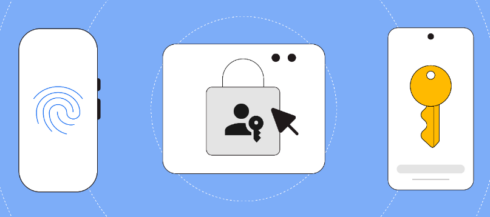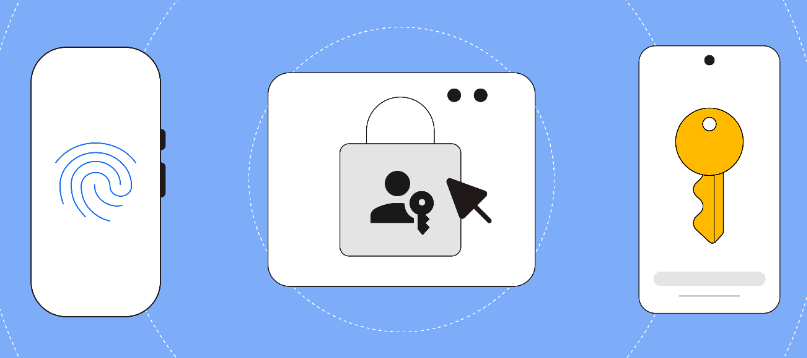
Google has announced that it is open sourcing a new Java-based differential privacy library called PipelineDP4J.
Differential privacy, according to Google, is a privacy-enhancing technology (PET) that “allows for analysis of datasets in a privacy-preserving way to help ensure individual information is never revealed.” This enables researchers or analysts to study a dataset without accessing personal data.
Google claims that its implementation of differential privacy is the largest in the world, spanning nearly three billion devices. As such, Google has invested heavily in providing access to its differential privacy technologies over the last several years. For instance, in 2019, it open sourced its first differential privacy library, and in 2021, it open sourced its Fully Homomorphic Encryption transpiler.
In the years since, the company has also worked to expand the languages its libraries are available in, which is the basis for today’s news.
The new library, PipelineDP4j, enables developers to execute highly parallelizable computations in Java, which reduces the barrier to differential privacy for Java developers, Google explained.
“With the addition of this JVM release, we now cover some of the most popular developer languages – Python, Java, Go, and C++ – potentially reaching more than half of all developers worldwide,” Miguel Guevara, product manager on the privacy team at Google, wrote in a blog post.
The company also announced that it is releasing another library, DP-Auditorium, that can audit differential privacy algorithms.
According to Google, two key steps are needed to effectively test differential privacy: evaluating the privacy guarantee over a fixed dataset and finding the “worst-case” privacy guarantee in a dataset. DP-Auditorium provides tools for both of those steps in a flexible interface.
It uses samples from the differential privacy mechanism itself and doesn’t need access to the application’s internal properties, Google explained.
“We’ll continue to build on our long-standing investment in PETs and commitment to helping developers and researchers securely process and protect user data and privacy,” Guevara concluded.

